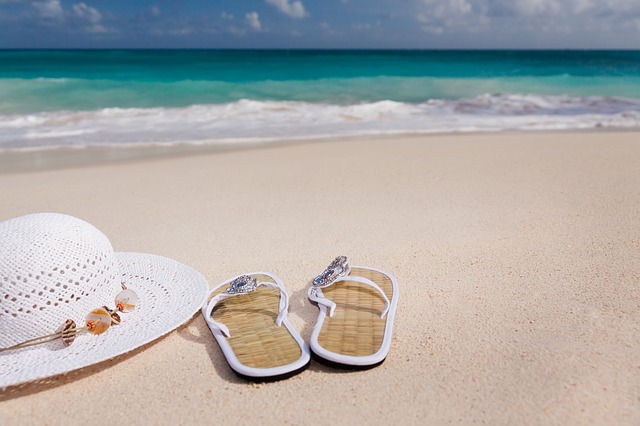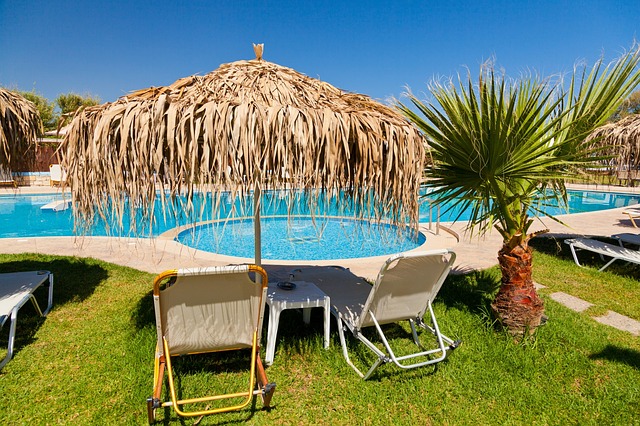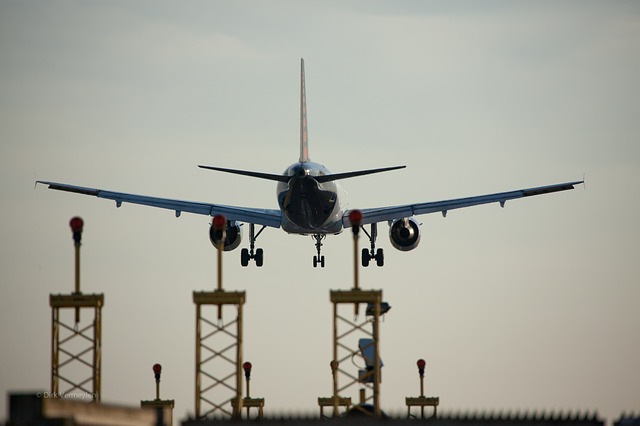travel safety is the proverbial cold bucket of water dropping on top of the heads of holiday makers, but it is something that everyone needs to give the attention it’s due. The reality of travel is that there are rarely occasions where you are less secure than when you’re in a foreign land; where you are more vulnerable. Without an understanding of how the society works, in places where you’re unable to ask for help from most people, and no idea which places are good places to travel to and which aren’t, there is always going to be a risk.
Much of travel safety information can actually be acquired from the government. They will be able to tell you about specific countries, and give you a short overview of what you need to be conscious of in each location. This could be in the form of warnings about kidnappings or combat zones if they are looking at places like Mexico or Libya, but more likely it will be warning you about the dangers of pickpocketing and other low level crimes that you find in just about every country. Mostly, the information that the government will provide is about nationwide overviews, but there is a lot of diversity in different countries, so it might not be detailed enough for you.
Another option for gaining additional travel advice details is by asking for them from your holiday provider. While they do have an interest in keeping your opinion about each location positive, in general this won’t overrule their incentive to keep you safe. They could tell you about how to tell between authentic taxis and fake ones, for instance, or how to maintain good hygiene in developing countries where the resources to do so may not be ideal.
Even if you know about all of the risks involved in travelling abroad, this won’t mean that you’re immune to being endangered or being robbed. The best way to improve your safety is to undergo a training course, particularly when travelling to a less secure country (you’ll probably be okay in the developed world, so long as you’re conscious of the risk). These are the same types of courses that a journalist will undergo, for example (only less intensive). Parents whose children are planning a gap year will often pay for these, so that their children have the tools, skills and knowledge to deal with a variety of bad situations in their travels.
While your safety is often determined by your security, as the issues we’ve just pointed out fall under, another big part is about your health. Depending upon where you’re travelling to, there could be a number of health hazards, such as the poor level of hygiene with food and water that is often found in developing countries, as we touched on, and how our immune systems aren’t well adapted to different locations; in many cases when travelling abroad you may need to take vaccinations for a number of diseases.
As a final note, if you encounter any problems, like if you’re the victim of a crime like theft, or if you’ve been accused of one yourself, you should always try to let the embassy know as soon as possible. They can at the very least provide some oversight on the local authorities, to ensure that your case goes forward fairly and with its duly deserved attention. If you find yourself without money, means of communication or identification, they can also be a massive help in helping you get back home too.



